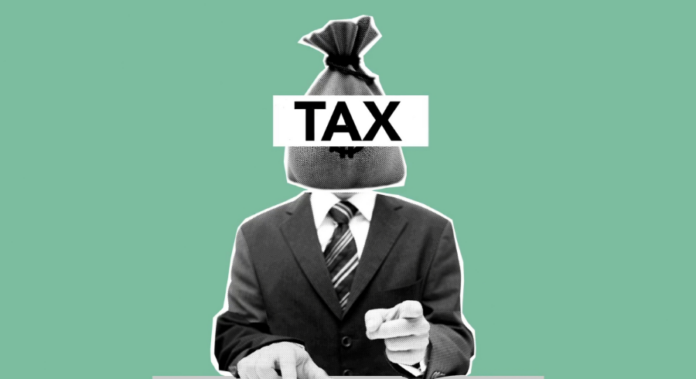ISLAMABAD — The Finance Act 2025 has revised a key provision relating to the placement of Inland Revenue Officers (IROs), restricting their presence to “business premises” rather than the previously proposed “premises of the person,” but still introducing broader oversight powers under the Income Tax Ordinance (ITO) than those available under existing sales tax laws.
Tax experts note that while Section 40B of the Sales Tax Act (STA) 1990 allows for officer deployment, it is confined to registered persons and monitoring of taxable goods. In contrast, the newly inserted Section 175A of the ITO permits the Federal Board of Revenue (FBR) or a chief commissioner to post officials at the premises of any person to monitor the production or supply of goods — including those that are exempt from sales tax under Section 13 or statutory regulatory orders (SROs).
Analysts also compared the provision to Section 54(1) of the Sindh Sales Tax on Services Act (SSTSA) 2011, which allows the Sindh Revenue Board (SRB) to place officers at the premises of registered service providers for monitoring purposes. However, unlike the SSTSA, Section 175A applies regardless of registration status and covers goods and services beyond the scope of sales tax regimes.
Tax professionals argue that this change potentially undermines the self-assessment foundation of the ITO and could face legal challenges on grounds of discrimination. They suggest the amendment may have been introduced to circumvent recent interim court orders, such as in the Jadeed Feeds Industries v. Federation of Pakistan case, which barred the FBR from posting officers at premises not producing taxable supplies under the STA. The new provision under the ITO, they argue, enables similar action through a different legal route.




